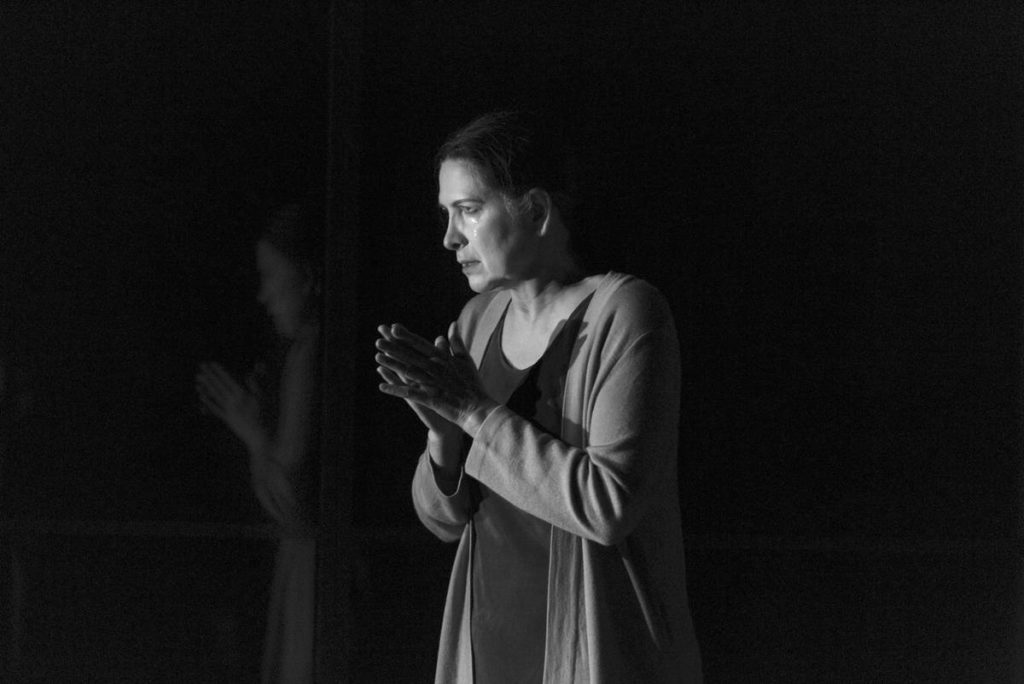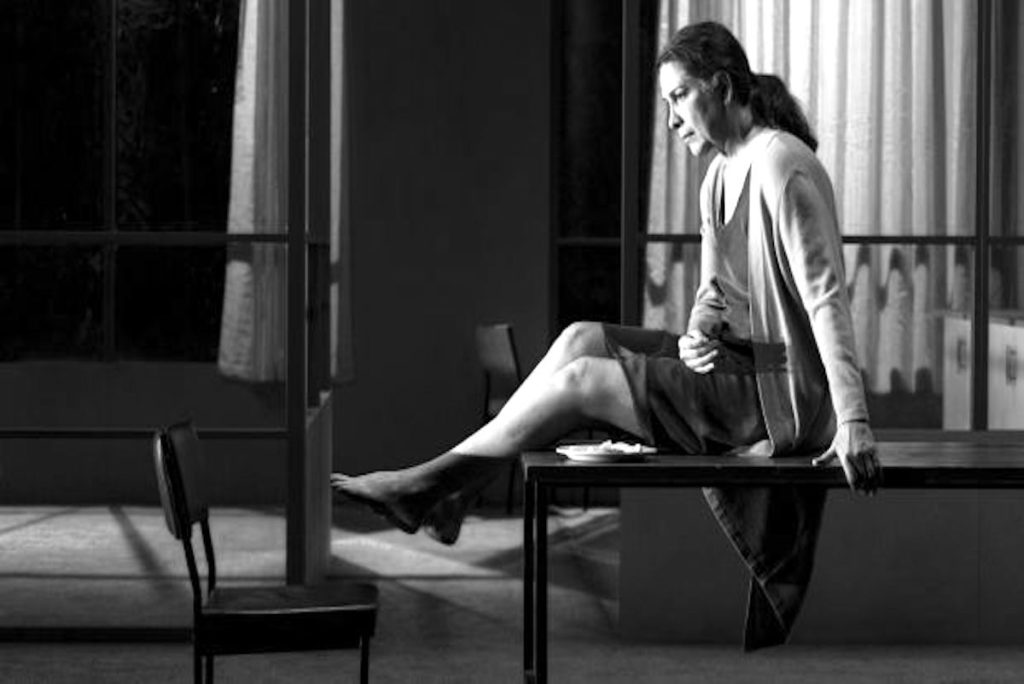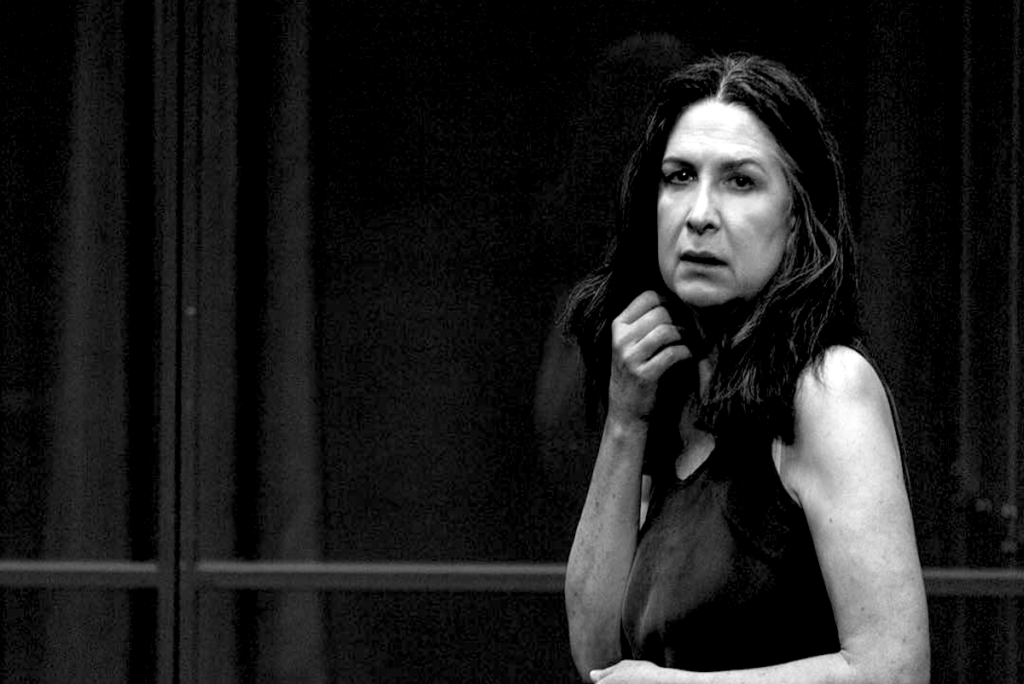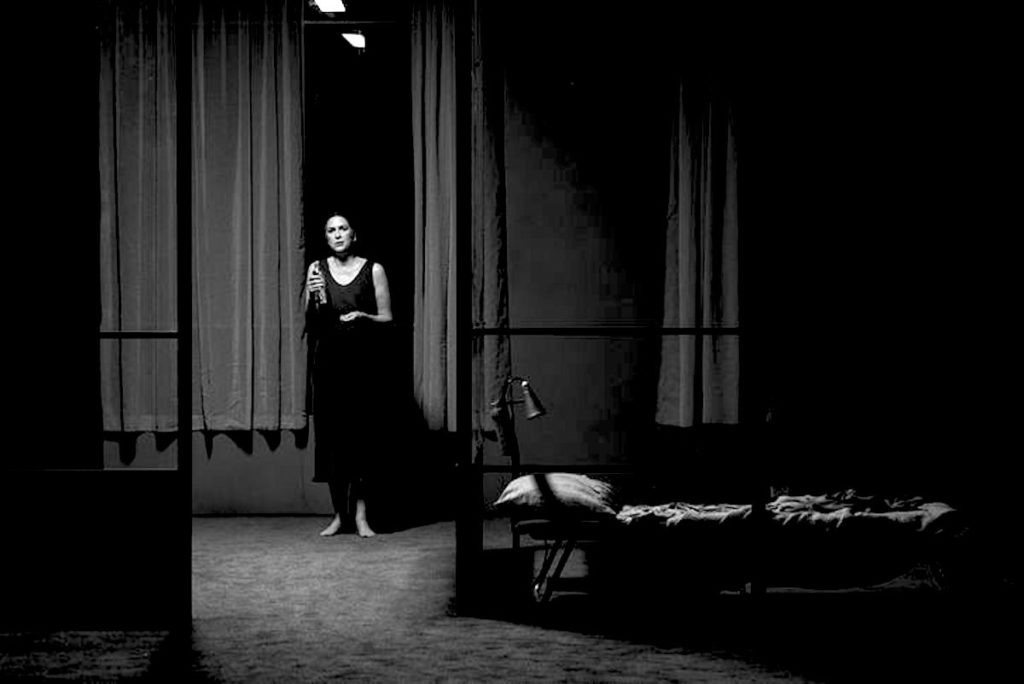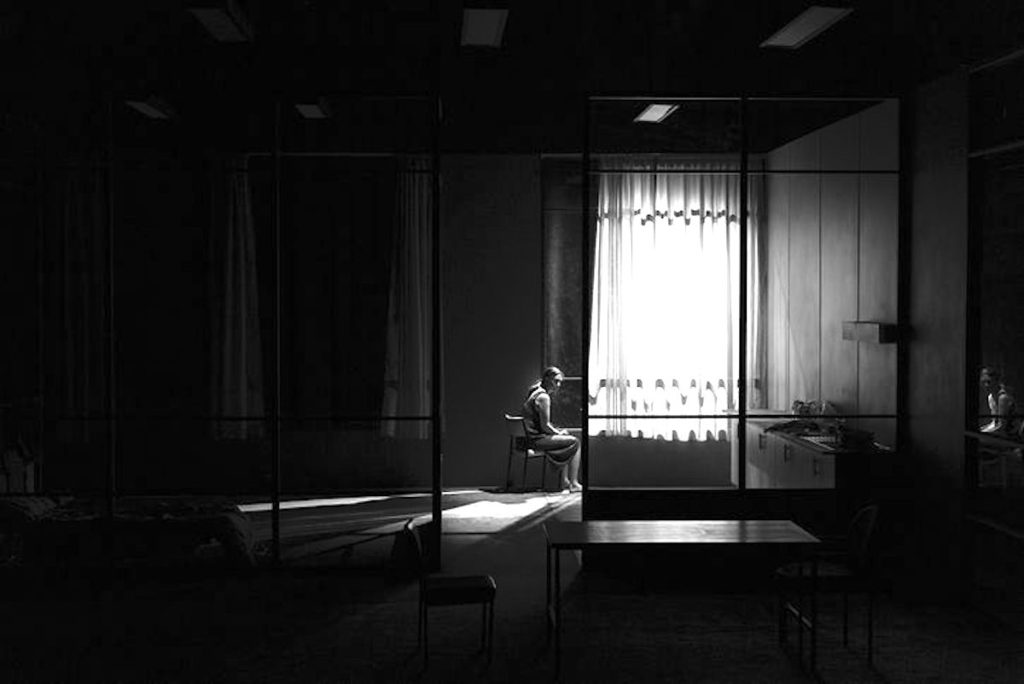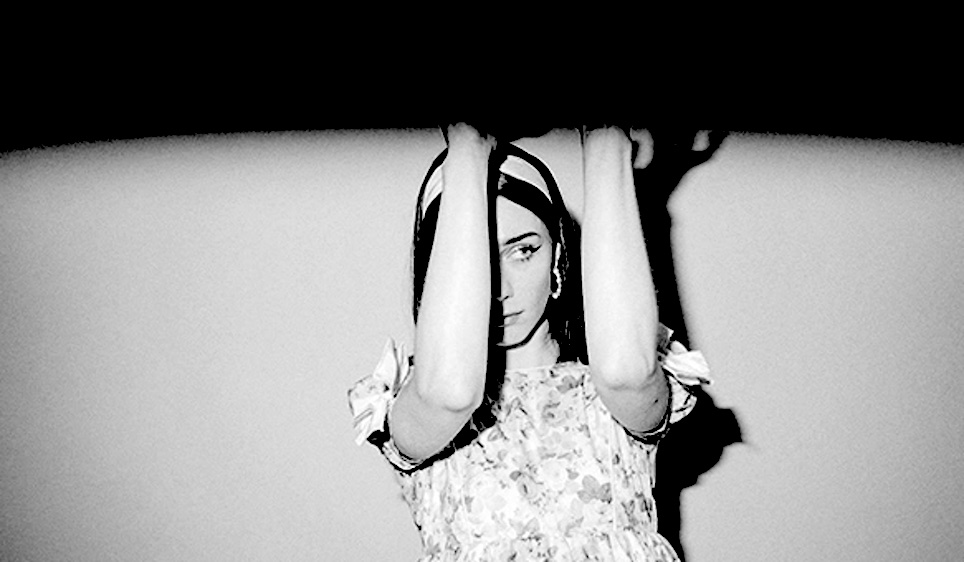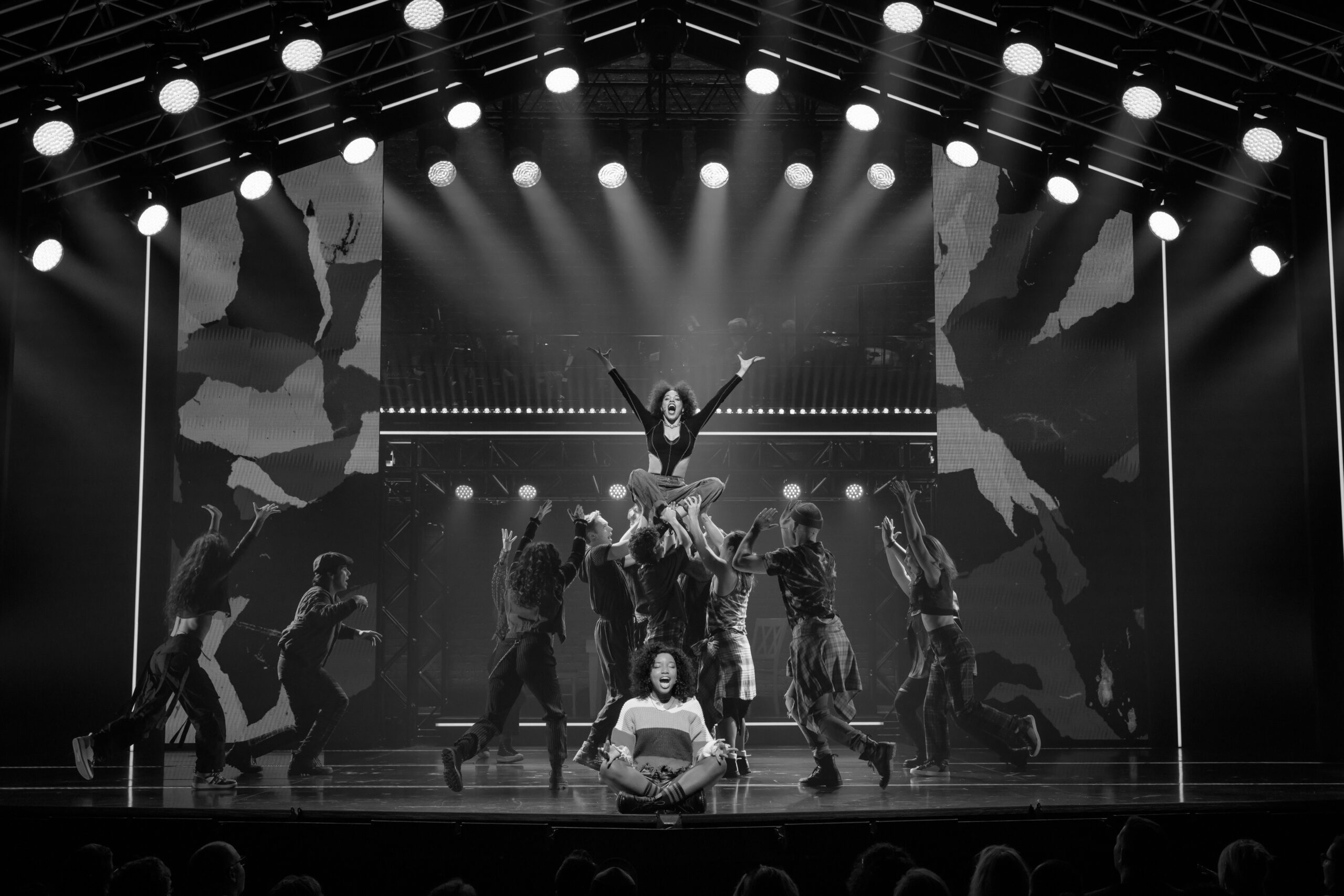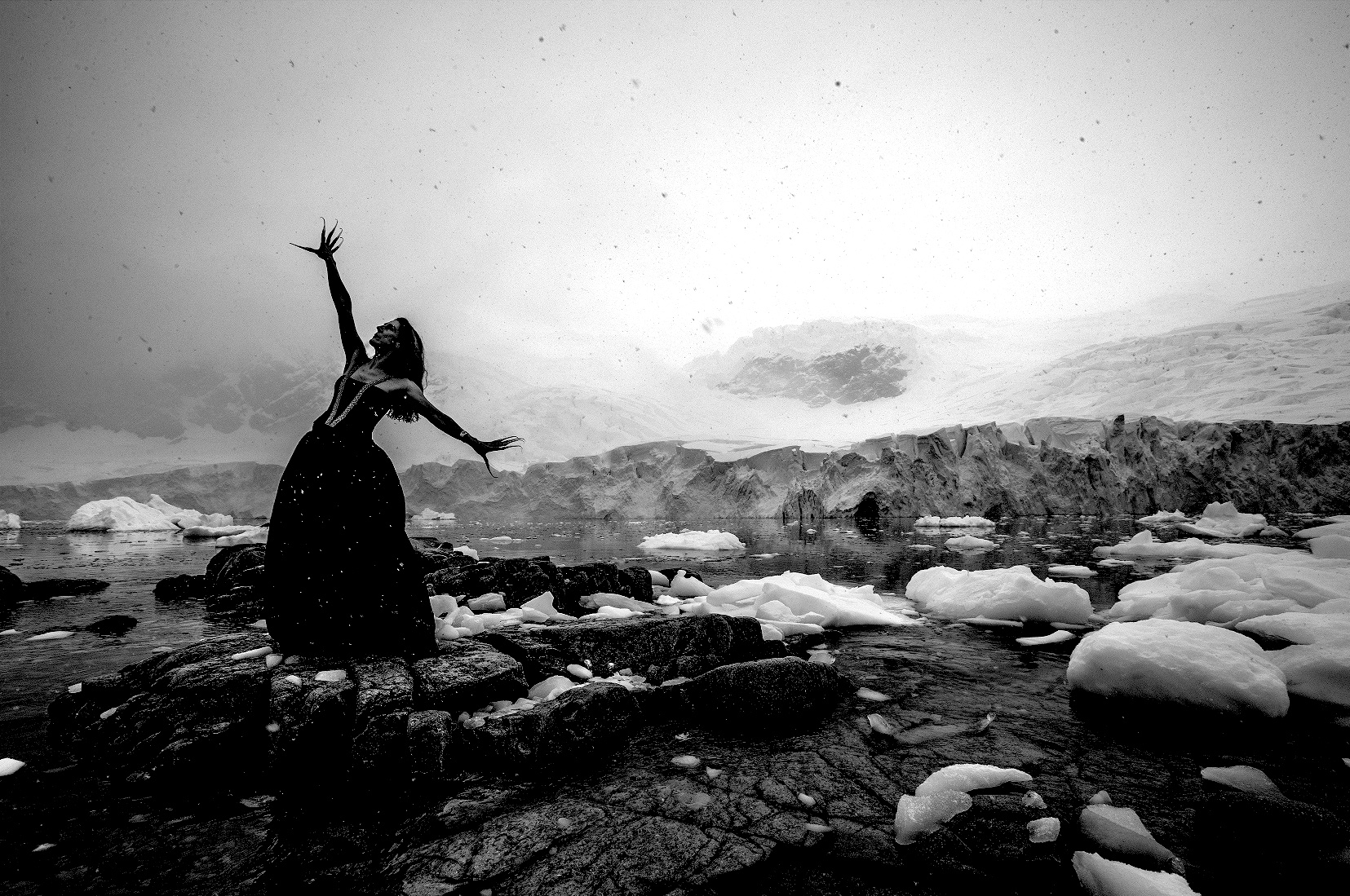THE TESTAMENT OF MARY
There are two parts to this performance, which, individually and removed, are beautiful components. This slow burning one-hander is delivered with poise and grace by Pamela Rabe further shaped by the hands of director Anne-Louise Sarks. It’s a harrowing portrayal of ultimate loss as we discover a woman lost in the wilderness of grief, having parted with her only son under malevolent and violent circumstances. The other part is a set and production, both which are highly designed things executed with perfection. Moments where the two intersect are interesting in their composition. Between these two players are metaphors of both the lyric and aural persuasion. These linger, echo and ricochet off each other in a rapid succession.
The set itself is all glass and cold greys. The translucent yet grubby panes of glass that separate each space hint to a sense of looking back or slicing through layers of history and many, many years, elevated by lighting design that is superb and able in ability to breathe life and make subtle differences emerge from within this bleak scope in front of our eyes. It’s an exercise in refrain and is bold in its understatement.
Pamela Rabe is an incredible actress. There comes a point in this performance where her character Mary seems to age, as if her soul is broken, like summer turning quickly into winter. It’s a sharp and vicious moment that happens in the blink of an eye, but the true extent of such change lingers and surfaces in following passages. The lulling sense achieved through waves of despair and deep trauma are at times pierced by the pangs of heartbreak and fear, driven like a sword into soft flesh with the vivid description of the crucifixion itself. It’s impossible to hide anywhere from such unflinching imagery of nails driven through flesh and shattering bone, and blue festering wounds.
The question remains in the making of this narrative in the predominantly visual context so contemporary, is the jarring result between these two parts, successful or not? To an extent, it feels like we are trying to place a square peg in a round hole. The writing and the words of Colin Toibin are of the biblical persuasion but with no strong examples of its source material coming to the surface until late in the performance. Instead it relies on the emotional landscape, and successfully so. The themes here are universal in their relevance; we all can relate to grief, loss, confusion and fear. Sarks has proven to be a truly brilliant director with a masterful command of the human condition and the theatrical, displayed in the commandeering nature in which she tackles and bring this character to life, in both the simple and in the refined.
Regardless of whether continuity or connection in this production is interrupted by competing ideas, it stands tall and stands strong. A great work of unflinching beauty, The Testament Of Mary is a contemporary work of great resonance and comes highly recommended.

